Tata Nexon.EV 45 kWh And Curvv.EV Get Lifetime Battery Warranty, Rs. 50,000 Loyalty Bonus: Details
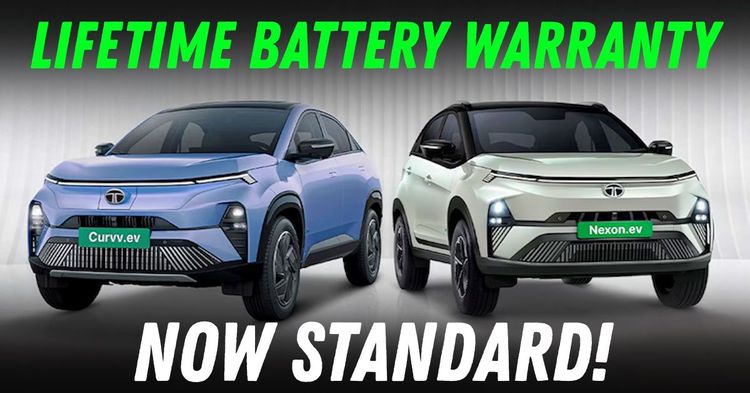

Tata Motors has taken a significant step to strengthen confidence in electric vehicle ownership by introducing a Lifetime HV Battery Warranty on two of its most popular EVs – the Curvv.ev and the Nexon.ev 45 kWh. This new initiative is not only aimed at easing concerns around long-term battery health and replacement costs, but also signals the company’s intent to make EVs a more practical, future-proof choice for daily mobility.
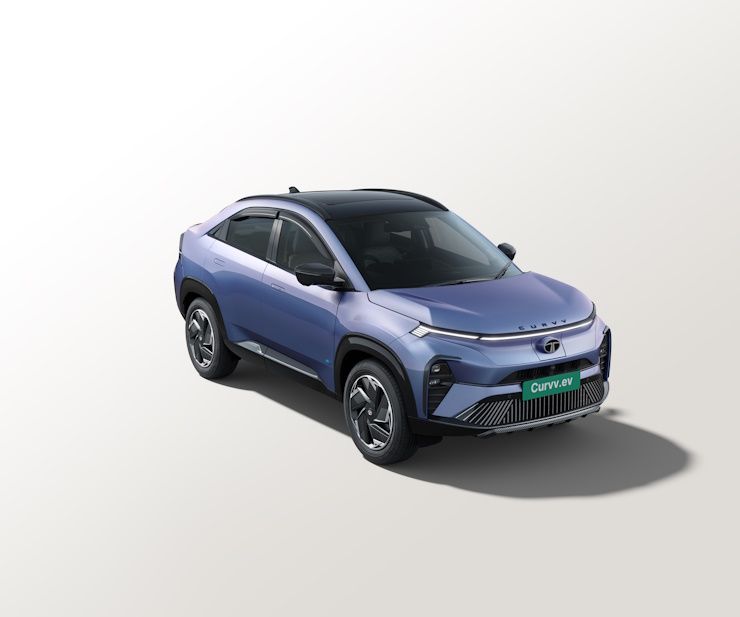
The standout announcement here is the “Lifetime HV Battery Warranty” for private owners of the Curvv.ev and the Nexon.ev 45 kWh. While the term “lifetime” in this context legally refers to 15 years from the date of first registration as per the Motor Vehicles Act, 1988, it is still one of the longest and most reassuring battery coverage offers available in the Indian EV space. This move follows the earlier rollout of the same warranty with the Harrier.ev, which was met with positive consumer response.
This warranty addresses a key concern among potential EV buyers, the cost and hassle of battery replacement, which has long been seen as a deal-breaker in the pre-owned EV market and a psychological hurdle for first-time buyers. Tata’s new policy now sets a benchmark, offering a clear advantage over conventional 8-year warranties prevalent in the industry.
By offering this extended coverage across both new and existing customers (who are first owners), Tata is not only safeguarding the long-term value of its vehicles but is also helping the broader EV market mature.
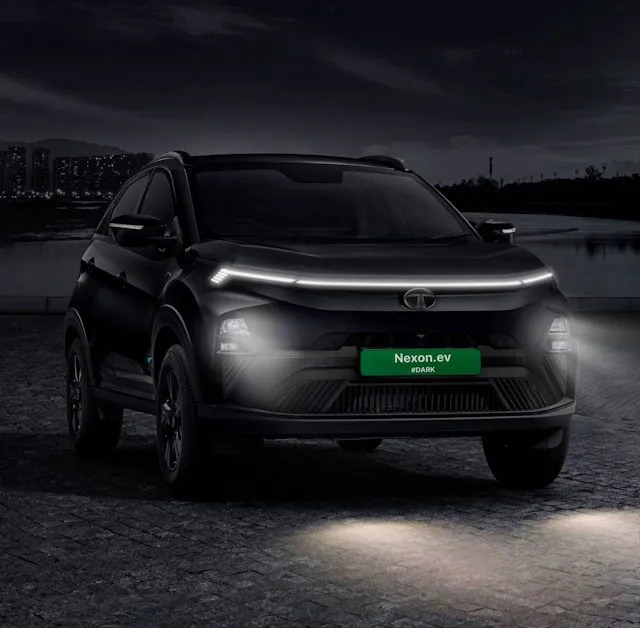
In another thoughtful move, Tata Motors is rolling out a ₹50,000 loyalty bonus for existing Tata EV customers who wish to upgrade to either the Curvv.ev or Nexon.ev 45 kWh. This gesture is clearly targeted at rewarding brand loyalty and encouraging repeat purchases within the EV portfolio.
It also shows Tata’s evolving customer-first approach in what is still an early-stage EV market. Given the rapid advancements in EV tech, many early adopters of the Tigor.ev and older Nexon.ev models may now be looking for newer, longer-range, more feature-rich options. This loyalty offer makes that transition smoother and more attractive.
With this extended battery coverage and loyalty programme, Tata is reinforcing the total cost of ownership argument in favour of EVs. The company estimates that over a 10-year ownership period, customers could save ₹8 to ₹9 lakh in running and maintenance costs compared to similar internal combustion engine cars. When viewed through this lens, the relatively higher upfront cost of EVs begins to look more manageable, especially when coupled with the long-term warranty assurance.
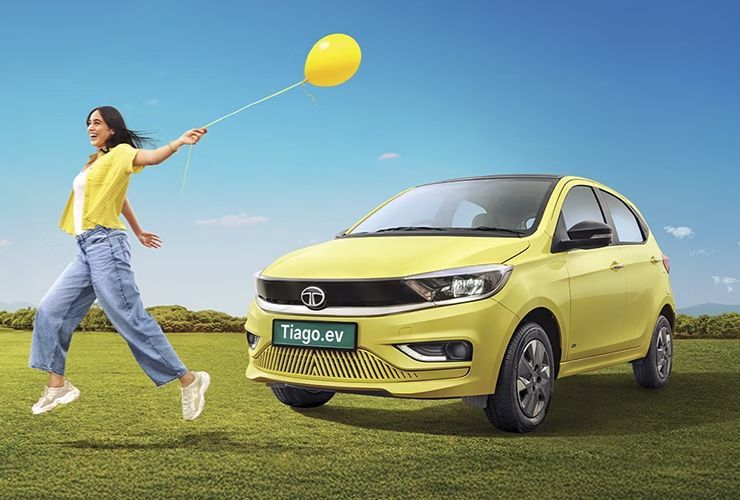
This kind of packaging may not dramatically change buying behaviour overnight, but it can certainly nudge hesitant customers towards considering EVs more seriously.
Tata’s latest move is not just a product or pricing strategy. It’s part of a larger shift in how electric vehicles are being positioned, not as experimental alternatives, but as reliable long-term personal mobility solutions.
The fact that Tata is bringing such a benefit to mainstream EVs like the Nexon.ev 45 kWh, and not just to high-end flagship models, shows an intent to normalise EVs across a wider buyer base. It also adds clarity to resale prospects, an area where EVs still face scepticism due to concerns about battery degradation over time.
This Lifetime Battery Warranty effectively answers the “what if something goes wrong after year eight?” question that many potential EV owners grapple with. By reducing ownership anxiety, Tata is doing what few have managed in India, shifting the EV narrative from cautious to confident.
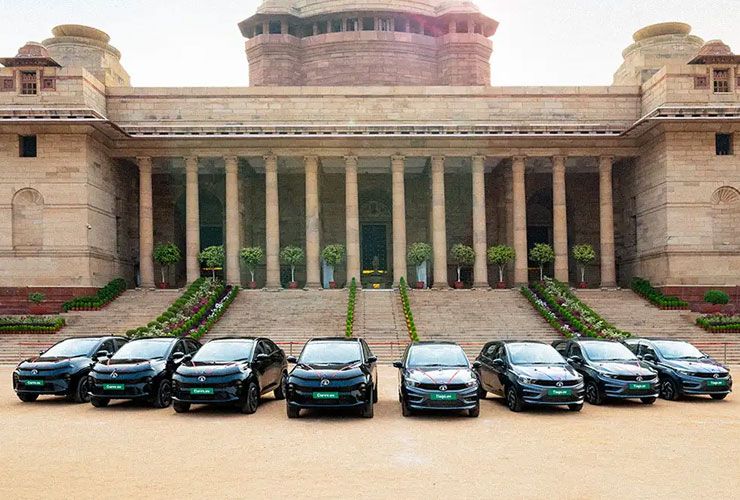
Tata Motors’ dominance in the electric passenger car segment is no accident. From offering multiple body styles and battery options to now backing these vehicles with bold support programmes, the company is taking a 360-degree approach to encourage adoption. The battery warranty and loyalty bonus are not just policy updates, they are behavioural nudges aimed at tipping the balance in EVs’ favour.
With rivals also ramping up their EV plans, this strategic head start may prove invaluable for Tata in retaining its lead. But more importantly, it ensures that more people feel comfortable making the switch to electric mobility without the fear of hidden costs down the road.